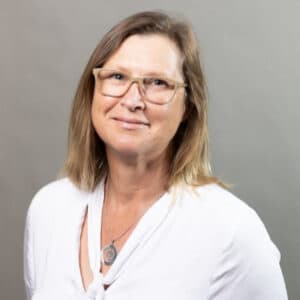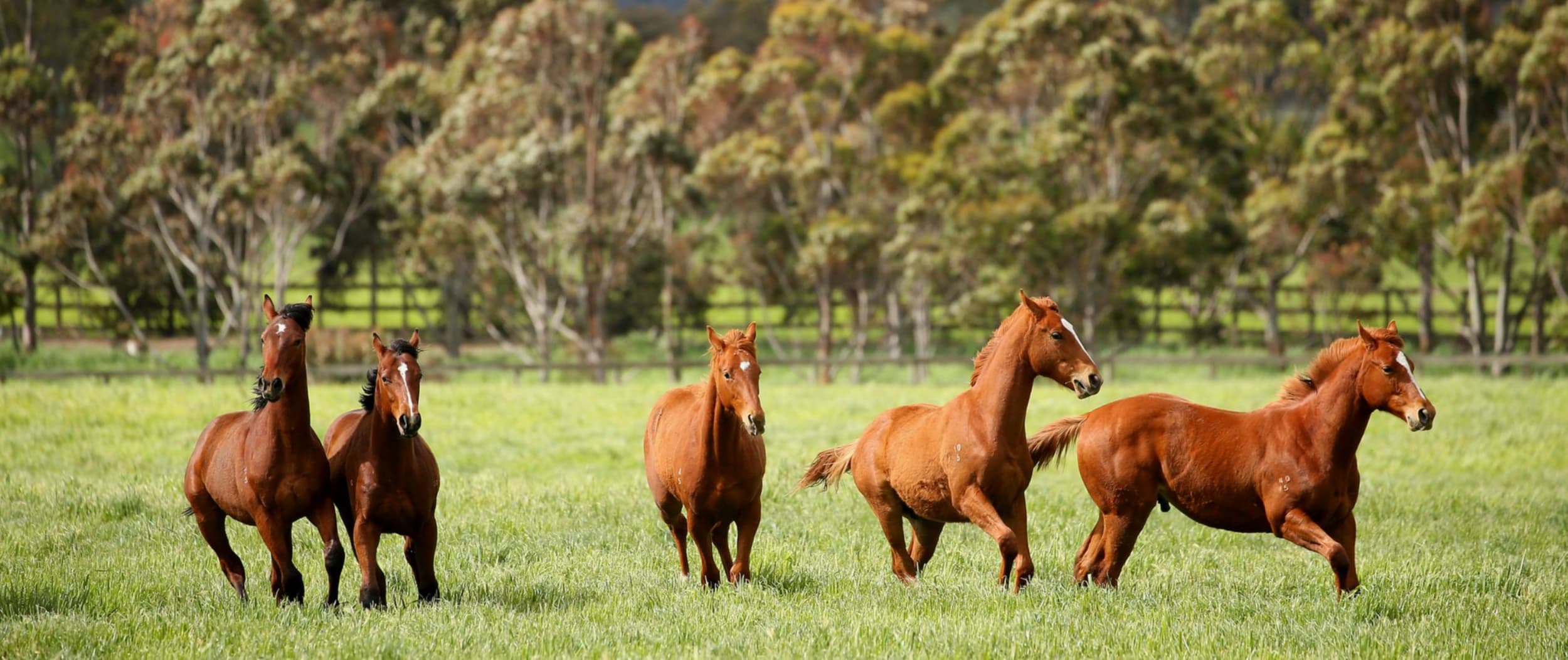
Catherine Chicken has been a member of the Thoroughbred Horses Program Advisory Panel since the Program’s inception during 2017, most recently performing the role of Deputy Chair before stepping into the role of Chair this year.
Based in the Hunter Valley, New South Wales, Catherine is an equine vet with a PhD in epidemiological aspects of Rhodococcus equi infection (rattles) in foals and a career spanning more than three decades. She consults to the Scone Equine Hospital on equine pathology and infectious disease. She is a member of the Australian and New Zealand College of Veterinary Scientists in Medicine of Horses and currently holds a position as the Equine Veterinarians Australia (EVA) advocacy forum representative to the peak body, the Australian Veterinary Association (AVA).
As she takes on her new role as Chair of the Advisory Panel, Catherine is keen to build on the achievements of her predecessor, Prof. Nigel Perkins.
“I hope to emulate Nigel’s approach in many respects, albeit through a different lens. Importantly, I recognise that effectively communicating the achievements of the Program to industry participants, particularly to levy payers, is key to its ongoing success.”
“I would like to bring a greater degree of diversity to the Thoroughbred Horses Advisory Panel to ensure it appropriately represents the industry.”
“I would particularly like to encourage younger members of the industry – the next generation – to get involved in the Advisory Panel.”
Michael Grieve is a former teacher with experience in a range of senior leadership roles in education, who started breeding thoroughbreds as a hobby. He turned his passion for horses into a business, establishing Grandview Stud, a thoroughbred property at Peak Crossing near Ipswich, Queensland more than 24 years ago. He is committed to contributing to the industry in which he makes his livelihood and first became aware of the Thoroughbred Horses Program while working with the Queensland Thoroughbred Breeders Association.
Michael is committed to raising awareness of where industry levies are being invested.

“I want to communicate more about the Program’s investments so people are confident in knowing where their levy goes. I am keen to share the benefits of our investments with industry to drive greater engagement,” said Michael.
Catherine agrees that strengthening connections between research and industry will be a key focus for the Advisory Panel and the Program.
“One of the really important things when we communicate about our projects is to be able to pitch the research to different target audiences in a meaningful way,” explained Catherine.
“We need to ensure our research teams can engage with industry on their terms, in their language.”
Michael agrees wholeheartedly with Catherine’s approach and is keen to see the Panel take an active role in connecting researchers with their ultimate stakeholders.
“We are looking to offer more face-to-face opportunities for researchers to connect and build relationships with industry through two-way communication.”
“I look forward to the day someone approaches me at the yearling sales and asks about the progress of the research projects they are contributing to,” said Michael.
Michael is also committed to making sure the Program continues to invest in a balance of both high-level and grassroots research, which benefits those working on the ground.
“The veterinary side of research is crucial, but of equal importance are the investments into things like improving breeding efficiencies, maximising foal survival, and strategic parasite controls.”
“Industry invests a lot of money into research and it is incumbent upon us as Advisory Panel members to be wise about how we spend that money. We need to continue to drive benefits back to industry.”
Role of the Advisory Panel
In partnership with AgriFutures Australia, the Advisory Panel provides recommendations on the allocation of RD&E funding for the AgriFutures Thoroughbred Horses Program to ensure their investment reflects the needs of the industry. The Advisory Panel consists of industry experts including breeders, veterinarians, and breeding and racing industry representatives. Members are appointed for a three-year term.
If you are passionate about making a positive contribution to your industry and would like to be notified of opportunities to apply for a position on Agrifutures Advisory Panel, please submit an expression of interest and we will notify you when we are recruiting for new members.
Find out more about the Thoroughbred Horses Advisory Panel Sign up to the AgriFutures Thoroughbred Horses Program newsletter









